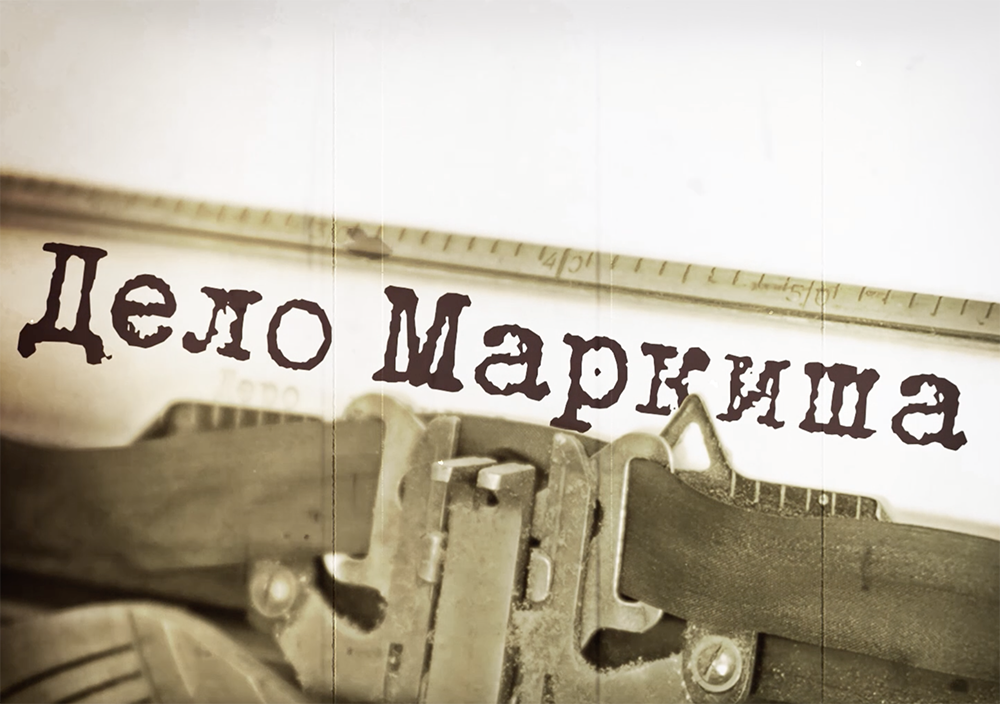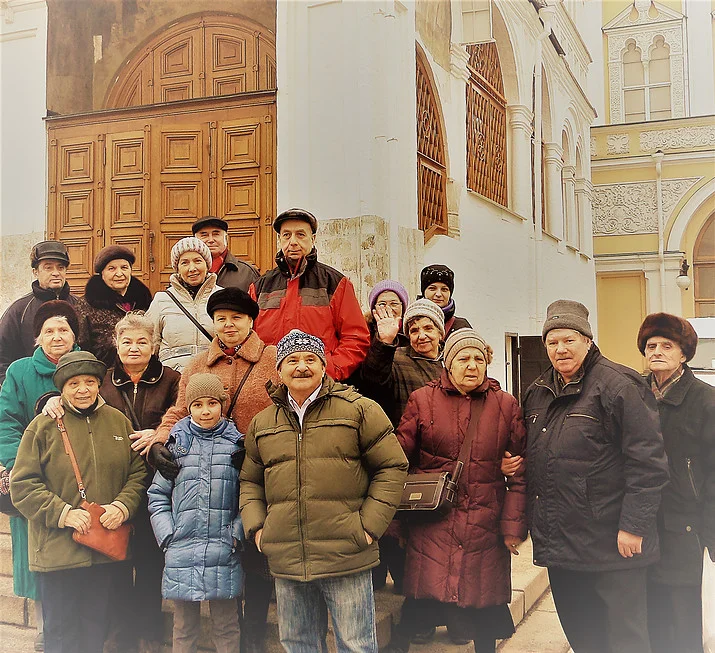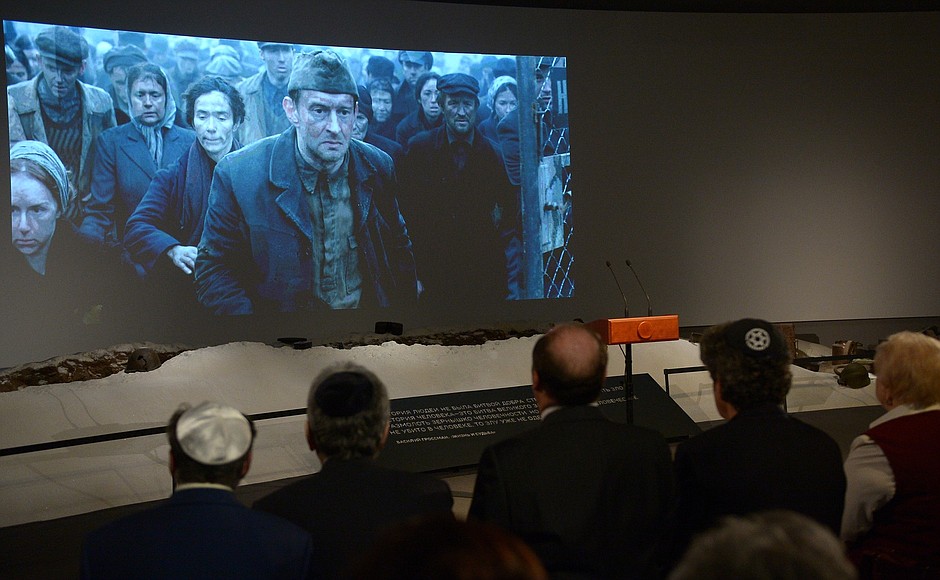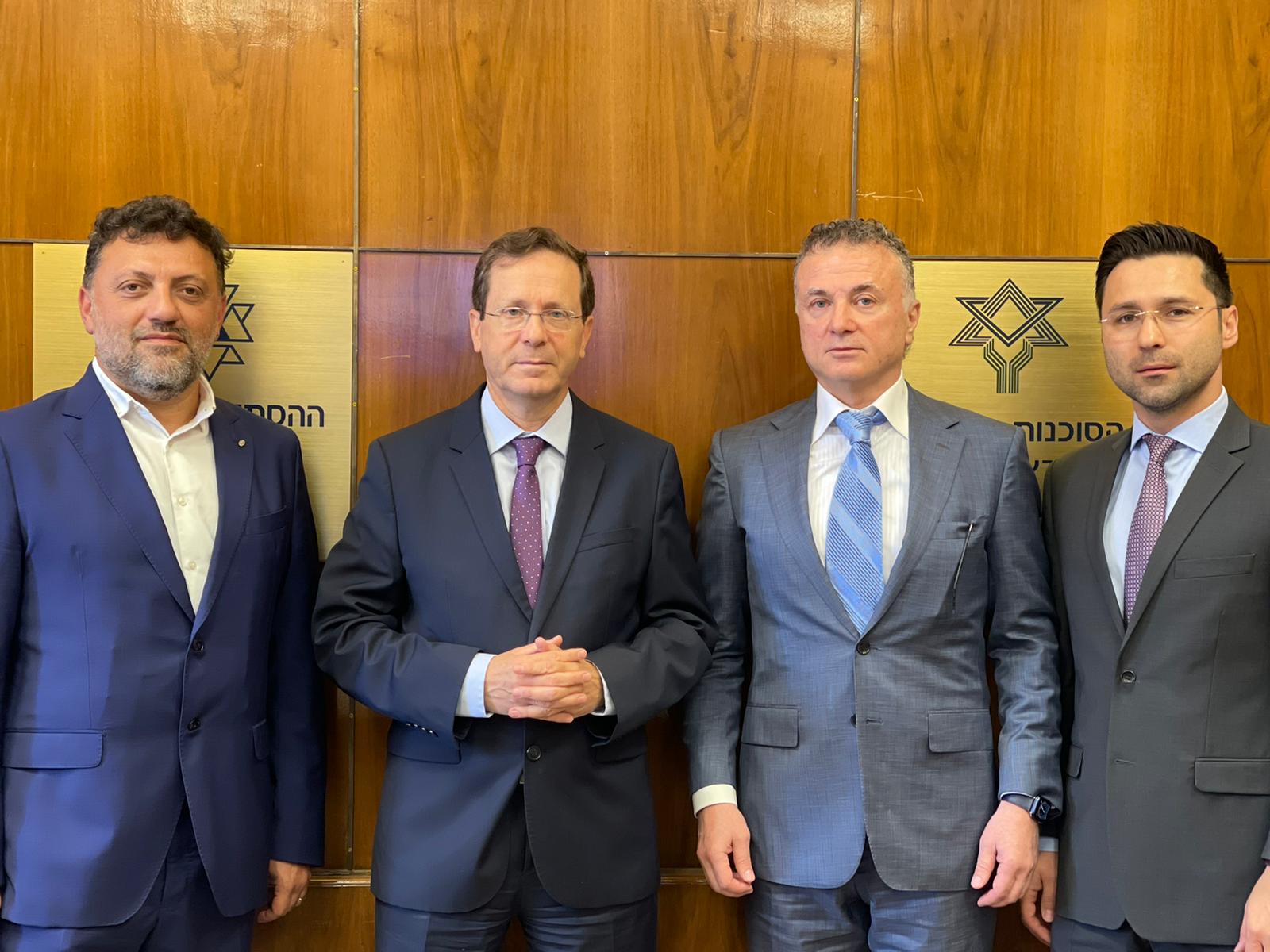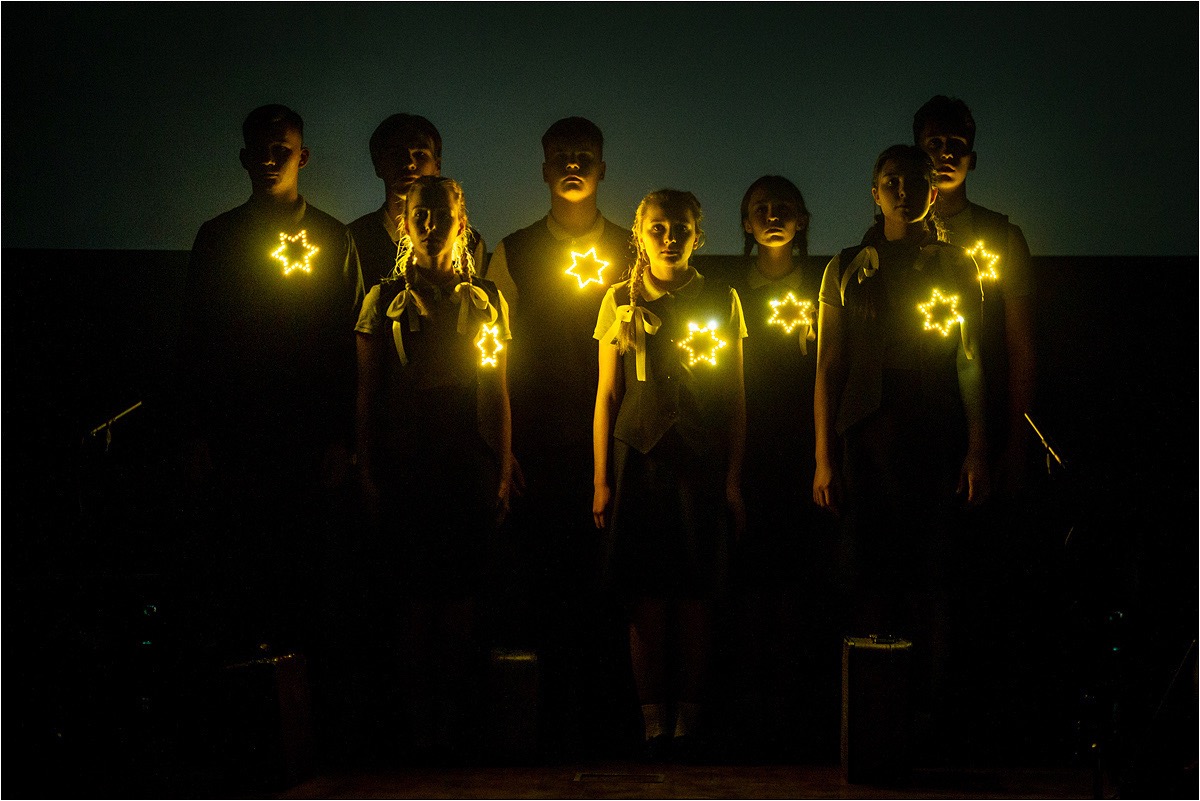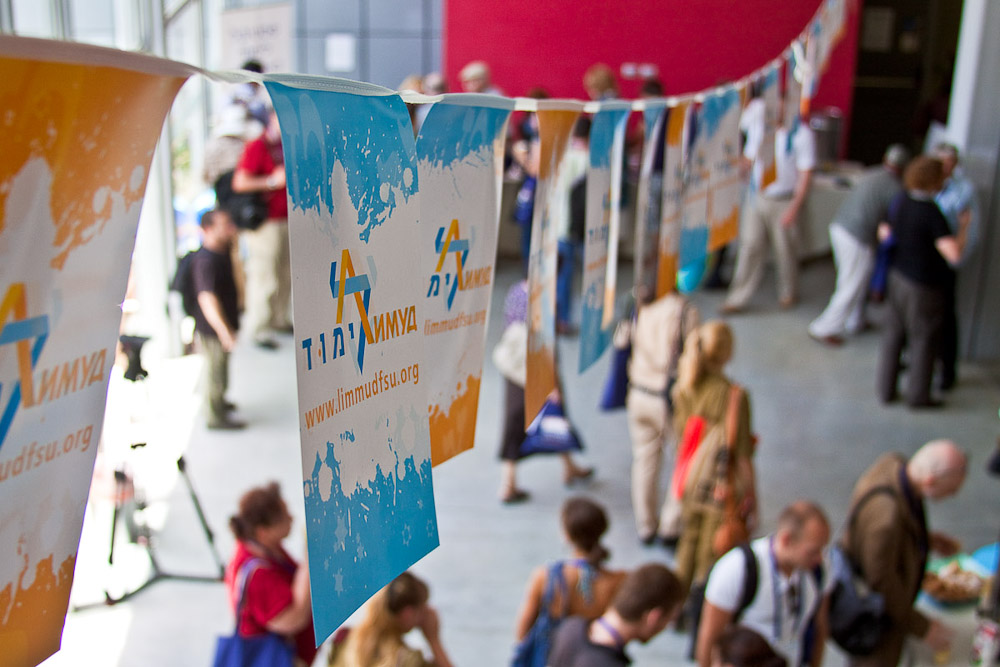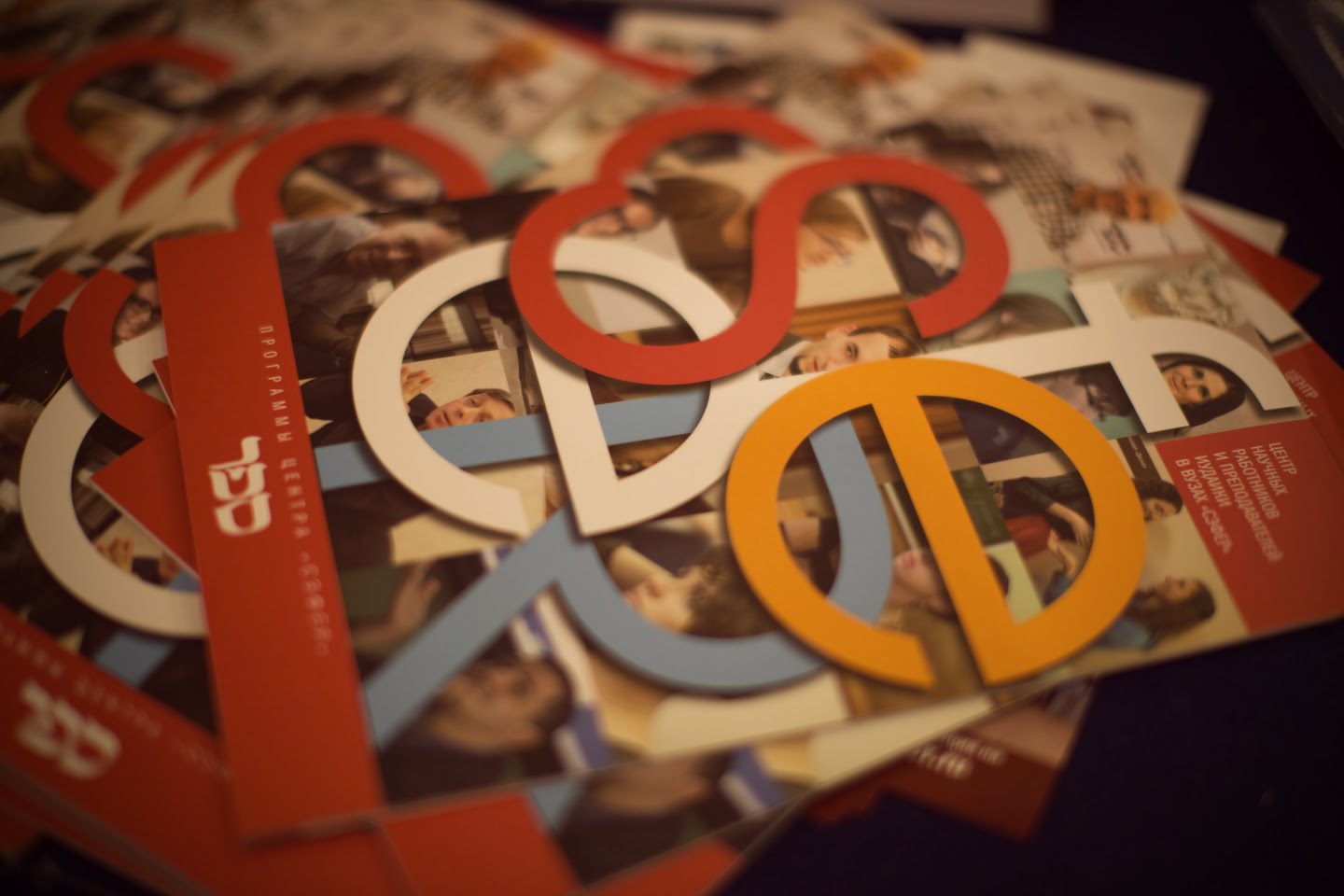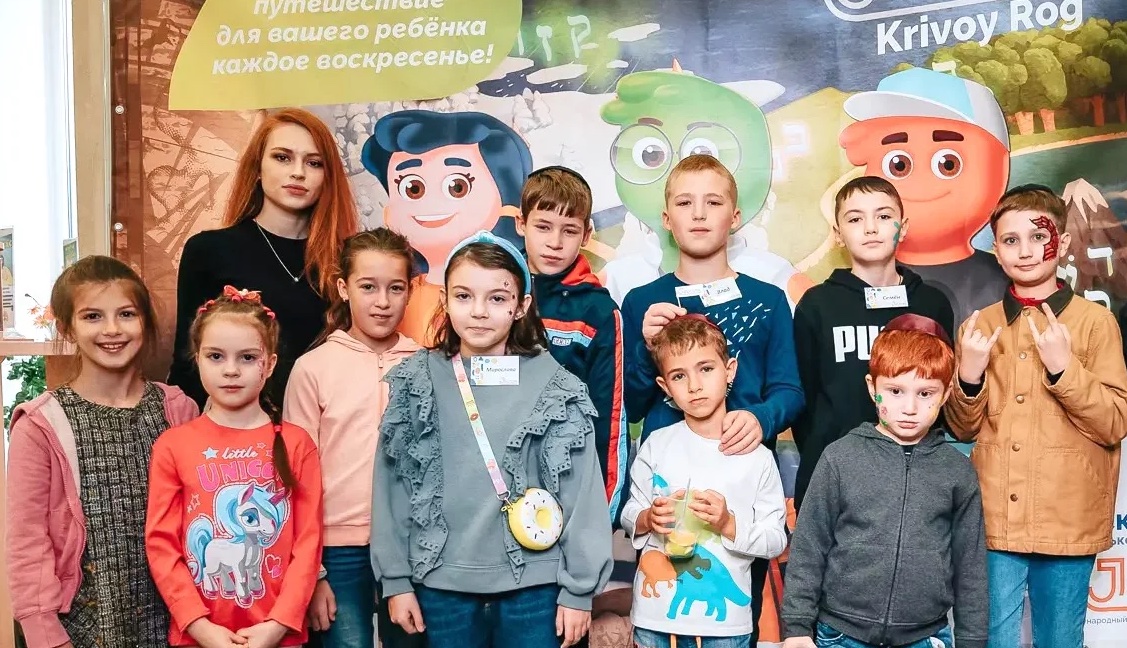The International Public Organization “Sefer” is an association of researchers and university lecturers of Judaica which exists since 1994. This organization supports students, graduates and academic workers in all areas of Judaism studies, contributing to the development of scientific research in this field.
Today, “Sefer” is the largest organization in the post-Soviet space, which unites all those who are involved in the research of Jewish civilization, its heritage and studies of the current situation of Jewish communities. The Euro-Asian Jewish Congress supports the activities of «Sefer» and assists in the implementation of large-scale international conferences, publishing activities and youth programs.
Center “Sefer” contributes to the establishment of the intercultural and interreligious dialogue in the post-Soviet space and the development of interest in Jewish studies, history and culture. Moreover, it focuses on the improving the quality of teaching Judaism in the universities.
Sefer’s activities are not limited to academic frameworks: the project plays a huge educational role in Jewish communities, preserving the memory of traditions and the life structure of the Jews in the Eurasian region.
Sefer’s conferences are the most important platform for the meetings of Jewish scientific organizations’ leaders, where people can share their experience. In 2018, in Moscow was held the 25th Anniversary International Conference of Judaica, where a special place was given to the State of Israel, its history, modernity and ties with Diasporas. Another important event was the International Conference from the cycle “The Culture of Slavs and the Culture of Jews: Dialogue, Similarities, Differences».
Sefer’s schools play a significant role in the preparation of the young professionals who are interested in studying Jewish cultural heritage, history and etc. The ethnographic and epigraphic areas of field work allow closer acquaintance with the traditions and family history of Jewish communities.
Sefer’s publishing activity is one of the main sites for research publications in the field of Jewish civilization. The project provides such publications as a yearbook for young researchers “Tirosh”, a yearbook on studying the interaction of Slavic and Jewish culture, a periodical Judaic-Slavic Journal and materials on the results of field studies.
Additionally, educational activities of “Sefer” are highly developed – they include webinars and video lectures for the general public in order to open up a worldwide access to communication with the leading experts and to give more possibilities of familiarization with the latest results of their researches.
